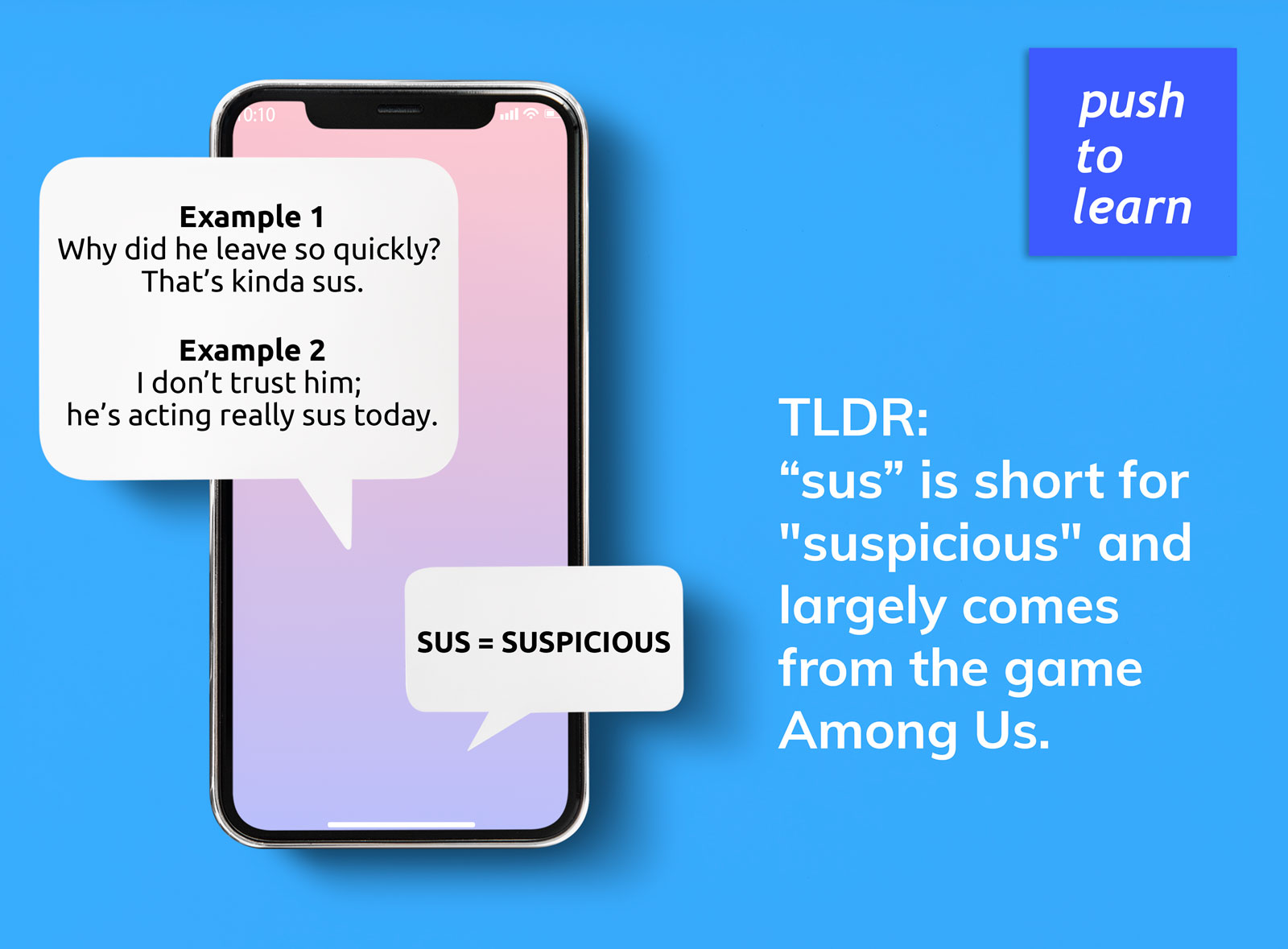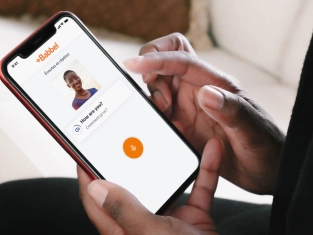by PushtoLearn
sus meaning
If you've been on the internet or around younger people, you've probably heard the term "sus." It's a slang word that's short for "suspicious" or "suspect." It became especially popular due to the video game "Among Us," where players often use the term to describe someone who seems untrustworthy or is acting suspiciously.
How "Sus" Is Used
"Sus" is mainly used to describe a person, action, or situation that seems odd or not quite right. It can imply that someone is hiding something, lying, or doing something wrong.
Examples:
➡️ "Why did he leave so quickly? That’s kinda sus."
➡️ "She was acting sus when we asked about the missing cookies."
➡️ "I don’t trust him; he’s acting really sus today."

Common Mistakes with sus
One common mistake is overusing the term or using it in situations where it doesn’t fit. "Sus" specifically relates to something suspicious or questionable, so it might not be appropriate for just any strange or unusual behavior.
Everyday Use of sus
In everyday conversations, "sus" is most often used casually among friends or in informal settings, like on social media, in texts, or during games. It’s not typically used in formal writing or professional environments.
FAQ
Where did "sus" come from?
"Sus" originated from the word "suspicious," but it became widely popular due to the game "Among Us," where players identify who among them is acting suspiciously.
Can "sus" be used in formal writing?
No, "sus" is slang and is best used in casual or informal settings.
Is "sus" only used for people?
No, "sus" can describe anything that seems suspicious, including actions, situations, or objects.
How do you pronounce "sus"?
It's pronounced as it looks: "suhs."
Is "sus" used globally?
While "sus" is widely understood in English-speaking countries, especially among younger generations, its popularity comes mainly from online culture. It may not be as recognized in places unfamiliar with this slang.

